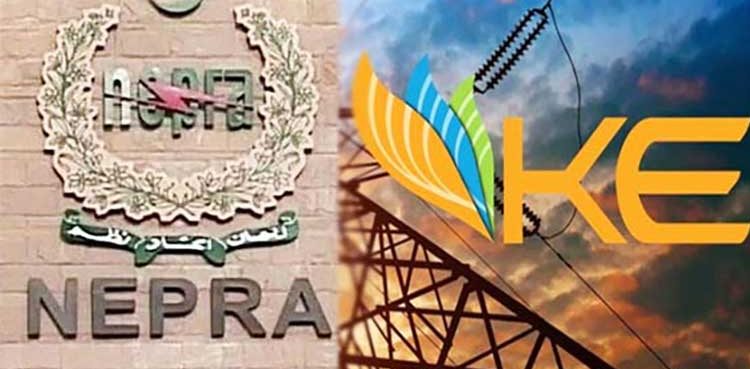Islamabad: The situation with K-Electric (KE) and its claims of Rs76 billion write-offs is stirring up a lot of controversy, and it’s understandable why.
The main points of contention seem to revolve around billing accuracy, financial transparency, and the potential burden on consumers.
1. Write-off Claims and Dispute Over Recovery:
K-Electric is claiming that they’ve been unable to recover about Rs122.8 billion in revenues from consumers over the 2017-2023 period. They want to write off Rs76 billion of this as unrecoverable losses.
This write-off was initially reported as Rs68 billion in December, which was later revised upwards to Rs122.8 billion by January.
It appears the utility has been using these figures as the basis for future tariff increases that would be passed on to consumers.
2. Nepra’s Scrutiny and Forensic Audit:
Nepra (National Electric Power Regulatory Authority) raised concerns over the reliability of the auditor’s verification of these unrecoverable bills.
It seems there’s skepticism about the accuracy of the reported losses, especially given the size of the claims.
Jamaat-i-Islami’s Imran Shahid and others have alleged that these write-offs are based on “fake, bogus, and fraudulent billing”—producing evidence of disproportionately high bills (for example, a Rs30 million bill for a 1 kW connection).
This raises red flags about how K-Electric is calculating and verifying its loss recovery, with some asking for a forensic audit to investigate the details further.
3. Impact on Consumers:
Local consumers, particularly in Karachi, are strongly resisting any tariff increases that would cover these write-offs, arguing that honest consumers who have paid their bills regularly should not bear the cost of unrecoverable amounts from others.
Tanveer Barry from the Karachi Chamber of Commerce & Industry (KCCI) pointed out that KE has already benefited from a Rs800 billion tariff differential subsidy (TDS) since privatization, yet load shedding continues, and there’s no apparent improvement in recovery efforts from consumers.
He expressed frustration that businesses will bear the brunt of higher electricity costs if these claims are approved.
4. Legal and Ethical Concerns:
Section 64A of the Limitation Act is also being invoked, stating that the recovery of bad debts beyond three years is not permissible.
This would suggest that the seven-year-old claims KE is pushing for are likely illegal, adding another layer of complexity to the case.
On the other hand, some have argued that approving such write-offs would help maintain the financial stability of K-Electric, ensuring the utility continues to operate and is seen as a viable business for privatization in the future.
Read More: Karachi Electricity Consumers Set to Receive Major Relief in Power Bills
5. Political and Industrial Reactions:
The issue has sparked significant backlash from political representatives and industrial sectors in Karachi, who are asking for a thorough investigation into the claims, fearing the burden on the public would be too high.
Some political representatives from Islamabad and Lahore, however, have supported KE’s case, focusing on the need to ensure that prudent costs are cleared to maintain investor confidence.
Key Takeaways:
There’s deep division over how K-Electric should handle its financial losses, especially when it involves passing the burden onto regular consumers through higher tariffs.
The lack of transparency and credibility in the billing process, as well as the questionable financial practices surrounding write-offs, has led to calls for forensic audits and greater scrutiny.
On the other hand, there are those who argue that K-Electric needs financial stability to maintain operations and service, especially for a future privatization process, and that some write-offs may be necessary for long-term sustainability.
Also Read: K Electric Discount Programme: Relief for Citizens
Moving Forward:
The next steps will likely involve:
A forensic audit into the billing practices and write-offs claimed by KE.
Nepra’s final decision on whether these write-offs are justified, and if so, how they will be recovered from consumers.
Discussions about alternative financial solutions for KE to reduce reliance on tariff hikes while ensuring it stays solvent. Story by AHmed Mukhtar.









